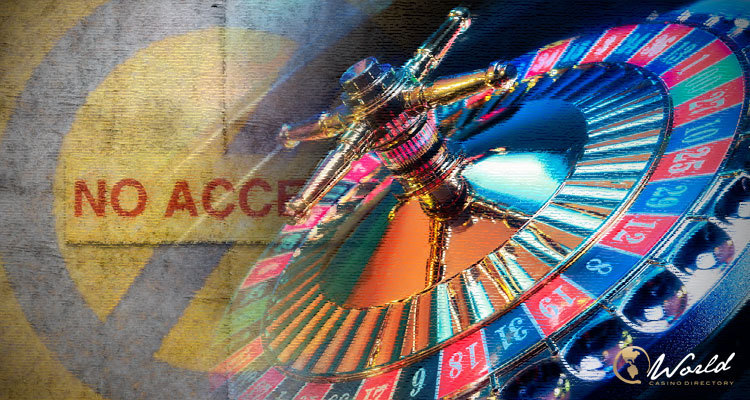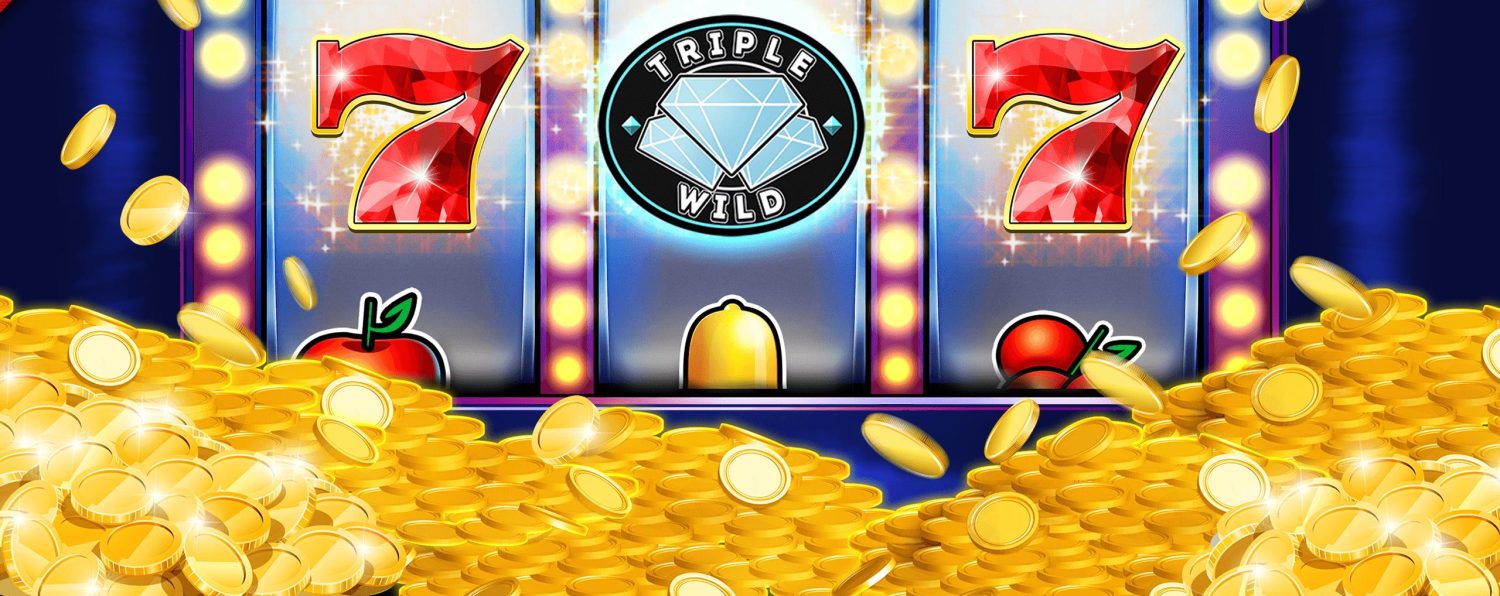
The Illinois Gaming Board (IGB) is looking to revise the decision made in 2019 to award the gaming license to the establishment which was reportedly connected with a Chicago criminal group. As reported, IGB claims that the gambling license awarded to Jeffrey Bertucci for video gaming machines operated at his diner is subject to revocation after the agency found out that Bertucci had been involved in a legal case against one of the members of the Chicago mob.
Operator’s History:
According to Playillinois, the state gambling regulator awarded the license to Bertrucci to legally operate video gaming terminals at his Steak N Egger diner in Cicero in 2019. As recent reports unveiled that this person testified against the ”video poker king’‘ member of a Chicago illegal group in federal court in 2010, IGB now says it overlooked such operator’s history when reviewing his license application at the time.
Illegal Operations in 2010:
As reported by Playillinois, Bertucci confirmed that he received video gaming machines from James Marcello, a leading member of the notorious Chicago group, and from Casey Szaflarski, another mob leader called ”video poker king”. The Cicero diner operator also admitted that he had paid winnings to gamblers and shared profit with Szaflarski, which was then illegal in the state.
Subject to Discipline:
IGB said that Bertrucci did not disclose details from the 2010 trial and is therefore subject to IGB’s measures that may include the revocation of his gambling license. IGB complaint reportedly reads: “Bertucci misrepresented the extent and duration of his involvement with and use of coin-operated amusement devices for illegal gambling purposes. Board Rule 310(a)(8) subjects a licensee to discipline for misrepresenting any information to the board. By engaging in the conduct described above, Bertucci’s company is subject to discipline.”
Gaming Board Members’ Claims:
Also, IGB said that none of the current gaming board administrators started their service when the license was approved. But, according to Playillinois, they knew that Bertrucci was arrested on illegal gambling grounds in 2000 but granted him a license in 2019 for his ”apparent honesty’‘at that time.
IGB officials added that they learned about Bertrucci’s 2010 testimony at the mob trial in May 2023 and decided to investigate the case. At the same time, the source reports that local news outlets reported the case in 2010 and indicates that the IGB administrators were responsible to establish the reasons why the 2019 license was granted to this person, regardless of the fact that none of them started the service in the given period.
Weighing Bertrucci’s Eligibility:
Bertrucci’s six gambling devices at his Steak N Egger diner have generated more than $4.8 million in bets since 2019. Over the same period, the operator paid over $100,000 in tax revenues and contributed around $18,000 to the Cicero community. Bertrucci now awaits IGB to weigh his past mistakes and present contributions and decide which will prevail. IGB didn’t advise the time for such a settlement, as reported by the source.
The legal status of online casinos in India is complex and varies by state. While there is no federal law that explicitly addresses online gambling, the legality depends on state regulations and the type of gambling involved.
Key Points:
-
No National Law: India does not have a specific national law regulating online casinos. However, the Public Gambling Act of 1867 prohibits operating physical casinos and gambling houses, but it doesn't cover online platforms, leaving a legal grey area for online gambling.
-
State-Specific Laws: Some Indian states, like Goa, Sikkim, and Daman, have legalized land-based casinos, and others, such as Sikkim, have also licensed online gambling. Many states have banned gambling altogether, including online gambling.
-
Online Sports Betting: Betting on sports, particularly cricket, is very popular in India. However, it's only explicitly legal in some states like Sikkim and Nagaland, which have laws permitting online gaming and betting.
-
Legal Gray Area: Many international online casinos accept Indian players and operate legally under licenses from offshore jurisdictions (like Curacao or the UK Gambling Commission). As long as players are gambling on licensed platforms, the risk is minimal, but local authorities may still choose to regulate or restrict online gambling.
-
Cryptocurrency: Some Indian players prefer using cryptocurrencies (like Bitcoin) for online gambling, as it provides a layer of anonymity and security.
While online casinos aren't explicitly legal across all of India, many international casinos accept Indian players, and online gambling continues to grow in popularity. Players should ensure they use licensed platforms and understand local laws before engaging in online gaming.






Leave a Reply
You must be logged in to post a comment.